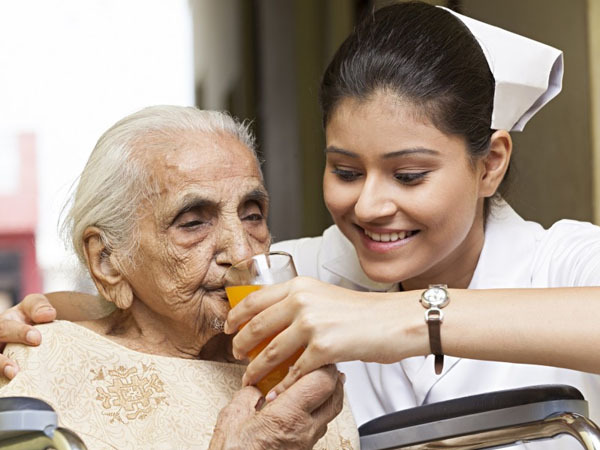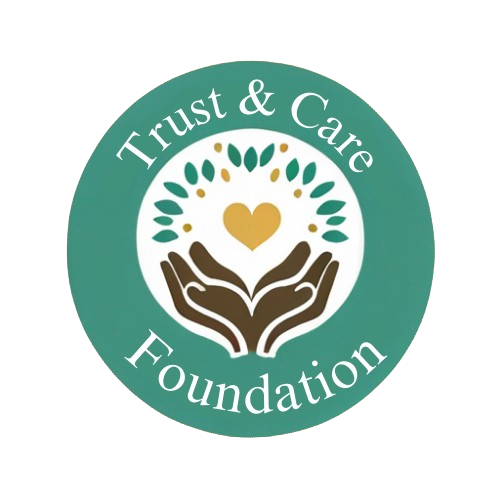National Program for the Health Care of the Elderly (NPHCE)
The National Programme for the Health Care of the Elderly (NPHCE) is a significant initiative launched by the Government of India to address the health care needs of the rapidly growing elderly population. This program aims to provide accessible, affordable, and high-quality long-term care services to senior citizens, ensuring their well-being and enhancing their quality of life.


Background and Rationale
India is experiencing a demographic transition with a substantial increase in the elderly population. As per the Census 2011, the elderly population (aged 60 years and above) was 103 million, and it is projected to reach 173 million by 2026. This demographic shift poses significant challenges for the health care system, given the increased prevalence of chronic diseases, disabilities, and other age-related health issues among the elderly. The NPHCE was launched in 2010-2011 to specifically cater to these needs, emphasizing preventive, promotive, curative, and rehabilitative services.
Objectives
The primary objectives of the NPHCE are:
- To provide dedicated health care facilities to the elderly at various levels of the health care delivery system.
- To create a new “architecture” for Ageing.
- To promote the concept of Active and Healthy Ageing.
- To provide assistance and support for the elderly living in rural and remote areas.
These objectives are to be achieved through a combination of strategies involving health infrastructure development, human resource development, capacity building, and community-based interventions.
Key Components
Infrastructure Development: The program focuses on enhancing the existing health care infrastructure to cater to the needs of the elderly. This includes the establishment of Geriatric Units at district hospitals, the creation of dedicated wards for the elderly, and the provision of necessary equipment and diagnostic facilities.
Primary, Secondary, and Tertiary Care Services:
- Primary Care: Strengthening of Sub-centres (SCs) and Primary Health Centres (PHCs) to deliver comprehensive primary health care services to the elderly, including health education, screening, and management of common geriatric ailments.
- Secondary Care: Upgradation of Community Health Centres (CHCs) and district hospitals to provide secondary level care with specialized geriatric services.
- Tertiary Care: Establishing Regional Geriatric Centres (RGCs) in selected medical colleges to offer tertiary care services, training, and research in geriatric health care.
Human Resource Development: Training and capacity building of health care providers at all levels is crucial for the successful implementation of the NPHCE. This includes training doctors, nurses, and paramedical staff in geriatric care, developing curricula for medical and nursing students, and conducting continuous medical education (CME) programs.
Community-Based Interventions: The program encourages community participation through health promotion activities, awareness campaigns, and the involvement of local bodies and non-governmental organizations (NGOs). This component is essential for reaching out to the elderly in rural and underserved areas.
Home-Based Care: Recognizing that many elderly individuals may be home-bound, the NPHCE promotes home-based care services. This includes training caregivers, providing home visits by health workers, and ensuring continuity of care.
Research and Development: Promoting research in geriatrics and gerontology is a key aspect of the NPHCE. This involves conducting studies on the health status, morbidity patterns, and health care needs of the elderly, as well as developing evidence-based guidelines and protocols for geriatric care.
Implementation and Monitoring
The NPHCE is implemented in a phased manner, initially targeting 100 districts across 21 states and union territories. The program is coordinated by the Ministry of Health and Family Welfare, with active involvement from state health departments and other stakeholders. Monitoring and evaluation are integral components, with mechanisms in place to track progress, assess outcomes, and make necessary adjustments to the program.
Achievements and Challenges
Since its inception, the NPHCE has made significant strides in improving health care services for the elderly. Numerous geriatric units have been established, and a substantial number of health care providers have received training in geriatric care. However, challenges remain, including ensuring uniform implementation across states, addressing the shortage of trained geriatricians, and overcoming socio-cultural barriers to elderly care.
Conclusion
The NPHCE represents a crucial step towards addressing the health care needs of India’s elderly population. By focusing on infrastructure development, human resource training, community-based interventions, and home-based care, the program aims to create a comprehensive health care delivery system that supports active and healthy ageing. Continuous efforts and collaboration among stakeholders are essential to overcome challenges and achieve the program’s objectives, ensuring a dignified and healthy life for the elderly.
